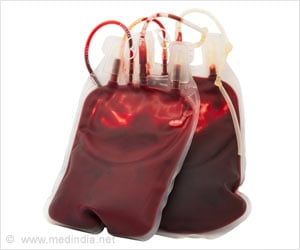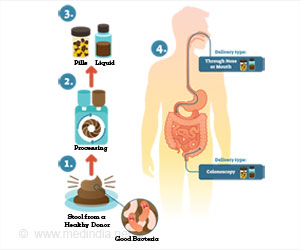The health care system in California could save nearly 1.3 million dollar a year with few adverse public health effects.
According to a new study by researchers at the University of California, San Francisco the health care system in California could save nearly 1.3 million dollar a year with few adverse public health effects if it discontinued universal tuberculosis skin testing of children entering kindergarten.
Over a 20-year period, the study projects that only two additional cases of tuberculosis would result from screening the pre-kindergarten group.Valerie Flaherman, MD, MPH, research fellow in the UCSF Department of Pediatrics, is principal author of the report, which appears in the July issue of “Pediatrics,” the journal of the American Academy of Pediatrics.
“Pre-kindergarten screening is not a cost-effective way to spend our health care dollars,” Flaherman said. “You need about 7 percent of the children who are being screened to test positive in order for pre-kindergarten screening to be cost-effective. That may have been the case in the past, but now often less than 1 percent test positive.”
Tuberculosis remains a persistent health threat in California, with over 2,800 cases reported in the state in 2006. California has more cases of tuberculosis in young children than any other state.
The savings from eliminating universal tuberculosis skin testing of youngsters could be redirected toward more cost-effective methods of stopping the spread of the disease, according to Flaherman. Instead, finding and treating adults with tuberculosis would be a better approach to stopping the spread of the disease to children, she said.
The tuberculosis skin test, also known as the tuberculin or PPD test, is used to determine whether someone has been infected by breathing in the germs from a person with active TB. People with latent TB infection have no symptoms and usually have a positive tuberculin skin test. They cannot spread TB to others, but need treatment to prevent them from developing active TB in the future.
Advertisement
The study, titled "Cost-effectiveness of Alternative Strategies for Tuberculosis Screening before Kindergarten," was conducted using a computer-based decision analysis model that calculated costs and benefits of routine, or universal, TB screening, targeted screening according to risk factors, and no screening at all.
Advertisement
Source-Eurekalert
JAY/M










